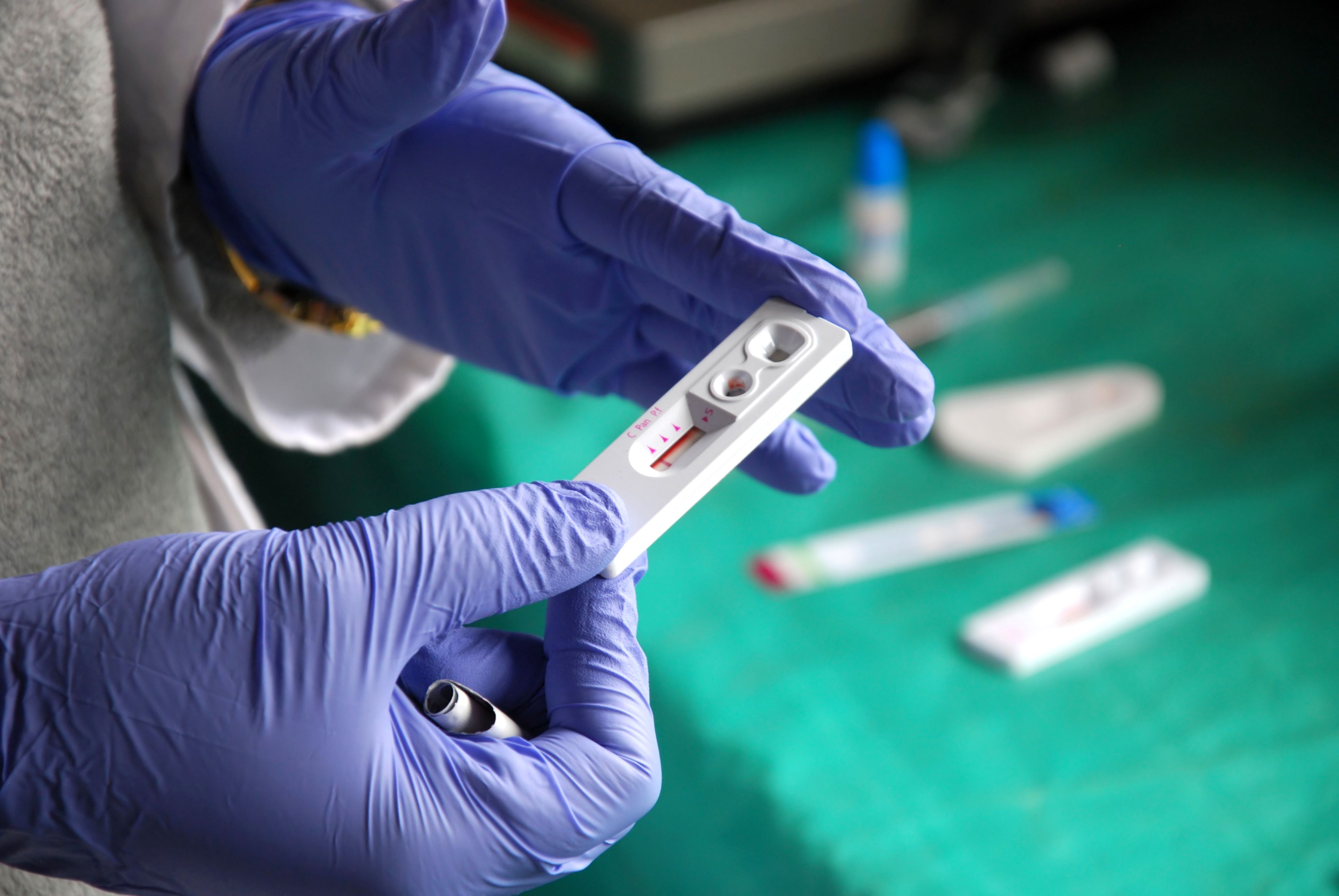Article
HIV-Infected Men More Sensitive to Alcohol
Author(s):
Patients should be counseled that there is no safe level of alcohol consumption.
Patients should be counseled that there is no safe level of alcohol consumption.
Pharmacists counseling patients infected with HIV should advise them about a lower tolerance for alcohol, a recent study found.
The study, published in the journal AIDS and Behavior, found that men with HIV are more sensitive to the effects of alcohol than uninfected men. In addition to harming the liver and immune system, the combination of HIV and alcohol creates a dangerous mix, the study noted.
"Alcohol makes it more likely you're going to get HIV due to risky sexual behavior," said Amy C. Justice, MD, professor of medicine and public health at Yale. "Once people have HIV, alcohol makes it less likely they will take their antiretroviral medications."
To examine the impact of alcohol on HIV-infected patients, the researchers reviewed data on more than 2600 men enrolled in the Veterans Aging Cohort Study, an ongoing multi-site evaluation of veterans. Investigators analyzed survey responses from men infected with HIV and uninfected men regarding how many alcoholic drinks it took for them to feel a buzz.
The study also compared survey responses from HIV-infected men who have unsuppressed or detectable HIV infection with men who have suppressed HIV.
The results indicated that HIV-infected men with detectable virus are more susceptible to the effects of alcohol than are uninfected men and HIV-infected men with suppressed virus. On average, HIV infected men with detectable virus felt buzzed from consuming just one-quarter less of an alcoholic beverage than the other men in the study.
The results suggest there is not a clear level of safe alcohol consumption for HIV-infected patients. As a result, the researchers concluded that providers need to advise patients infected with HIV of the additional risks associated with alcohol consumption.
Newsletter
Stay informed on drug updates, treatment guidelines, and pharmacy practice trends—subscribe to Pharmacy Times for weekly clinical insights.






